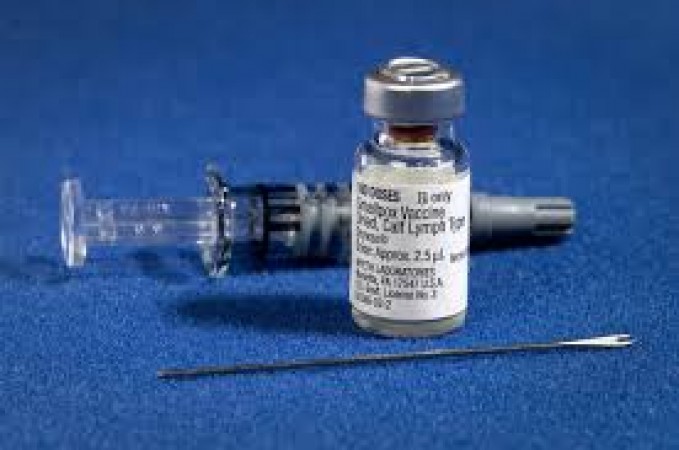
With the ongoing global efforts to combat the COVID-19 pandemic, vaccination has emerged as a critical tool in safeguarding public health. However, despite the overwhelming scientific evidence supporting their safety and efficacy, vaccines continue to be shrouded in myths and misconceptions. In particular, concerns about the purported risks associated with vaccination have fueled hesitancy and fear among certain segments of the population. It's time to address these concerns head-on and separate fact from fiction.
The Myth of Vaccine Connection: Unraveling the Misconception
Understanding the Fear
One of the most prevalent misconceptions surrounding vaccines is the notion of a direct connection between vaccination and adverse health outcomes. This fear often stems from misinformation propagated through social media, anecdotal accounts, and pseudoscientific sources.
Debunking the Myth
However, it's crucial to recognize that extensive scientific research and rigorous testing underpin the development and approval of vaccines. Regulatory agencies such as the FDA (Food and Drug Administration) and the CDC (Centers for Disease Control and Prevention) meticulously evaluate vaccines for safety, efficacy, and quality before they are authorized for public use.
Separating Fact from Fiction: Understanding Vaccine Safety
The Science Behind Vaccines
Vaccines work by stimulating the body's immune system to recognize and combat specific pathogens, such as viruses or bacteria. They do not contain live viruses in the case of most COVID-19 vaccines, including mRNA vaccines like Pfizer-BioNTech and Moderna, or viral vector vaccines like Johnson & Johnson's Janssen vaccine. Instead, these vaccines utilize harmless components or genetic material from the target pathogen to trigger an immune response.
Ensuring Safety Through Rigorous Testing
Before a vaccine is approved for use, it undergoes extensive preclinical and clinical testing to assess its safety and efficacy. This process typically involves multiple phases of clinical trials, where vaccines are evaluated in thousands of volunteers to determine their safety profile, immune response elicited, and protective efficacy against the target disease.
Post-Marketing Surveillance: Monitoring Vaccine Safety
Even after vaccines are authorized for public use, surveillance systems are in place to continuously monitor their safety. Adverse events following immunization (AEFI) are meticulously investigated to determine whether they are causally related to vaccination. This ongoing surveillance helps to ensure that any potential risks associated with vaccines are promptly identified and addressed.
Overcoming Vaccine Hesitancy: Promoting Confidence and Trust
Combatting Misinformation
Addressing vaccine hesitancy requires a multifaceted approach that involves promoting accurate information, fostering open dialogue, and addressing concerns in a compassionate manner. Healthcare professionals, public health authorities, and community leaders play a pivotal role in disseminating reliable information and debunking myths surrounding vaccines.
Building Vaccine Confidence
Building trust in vaccines also entails acknowledging and addressing the historical and systemic factors that have contributed to vaccine hesitancy, particularly within marginalized communities. Culturally sensitive communication strategies, community engagement initiatives, and targeted outreach efforts can help to bridge gaps in vaccine confidence and accessibility.
In conclusion, there is no need to be afraid of vaccines. The notion of a direct connection between vaccination and adverse health outcomes is a misconception rooted in misinformation and fear. Vaccines undergo rigorous testing and monitoring to ensure their safety and efficacy, and they represent a critical tool in protecting public health. By promoting accurate information, fostering trust, and addressing concerns with empathy and understanding, we can overcome vaccine hesitancy and work towards a healthier future for all.
CBI Cracks Down on App-Based Investment Scam Across India
Heavy rain will occur in many parts of South Asia including India